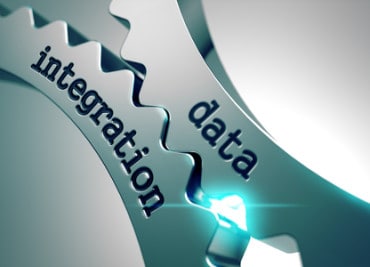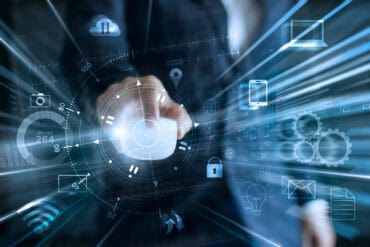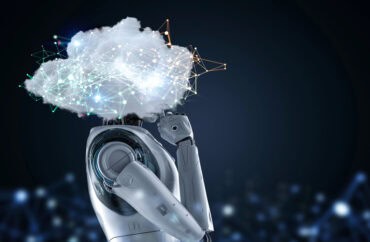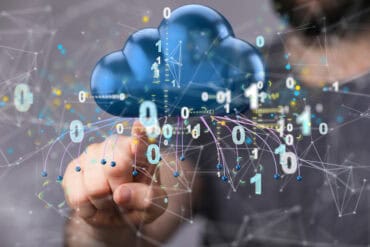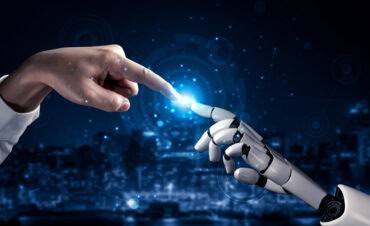
The coronavirus pandemic may be the first critical event since the 2008 financial crisis for data scientists to use, to better protect AI-programs from the next disaster.
The coronavirus pandemic is one of the first major tests for AI-assisted platforms, as many industries are observing huge fluctuations in demand.
For grocery services, demand has catapulted as people are spending more in stores, buying more canned goods, and booking more online deliveries.
Most supermarkets in the United Kingdom use AI buying algorithms to automate the purchasing process, but that has led to empty shelves, as the algorithms struggle to interpret and anticipate the demand through a national crisis.
UK online supermarket Ocado said that the company’s cybersecurity system believed a massive spike in visitors – the highest in two decades – was an attempted denial of service attack and closed the website off to everyone.
SEE ALSO: Alibaba Offers Cloud AI Anti-Coronavirus Technology
While AI algorithms work great in normal parameters, edge cases tend to trip them up. It’s why we are still years away from a truly road-ready, self-driving vehicle, as Starsky Robotics CEO said in a Medium post last week:
“It’s widely understood that the hardest part of building AI is how it deals with situations that happen uncommonly, i.e. edge cases. In fact, the better your model, the harder it is to find robust data sets of novel edge cases. Additionally, the better your model, the more accurate the data you need to improve it.”
AI Struggles To Understand Coronavirus
On the other end of the spectrum, many retailers and automotive manufacturers are suffering from massive declines, due to lockdown and social distancing. If businesses have AI-assisted programs for ordering new stock, these will need to have been tweaked to avoid millions in wasted purchases.
Speaking to Fortune, DataRobotic scientist Jay Schuren said that businesses need to be proactive in times of crisis and add variables for extreme events. He also said:
“If a gadget for putting commercials is going haywire, that’s worrying, however, the penalties are a lot less critical than a gadget dispatching $1 million of goods to a retailer that’s now shuttered due to social distancing measures.”
It may burn a few businesses that haven’t set up preventive measures for extreme events, however, the coronavirus pandemic should provide a lot of valuable data for AI-tools in the future. This may be the first critical event since the 2008 financial crisis for data scientists to use, to better protect AI-programs from the next disaster.


